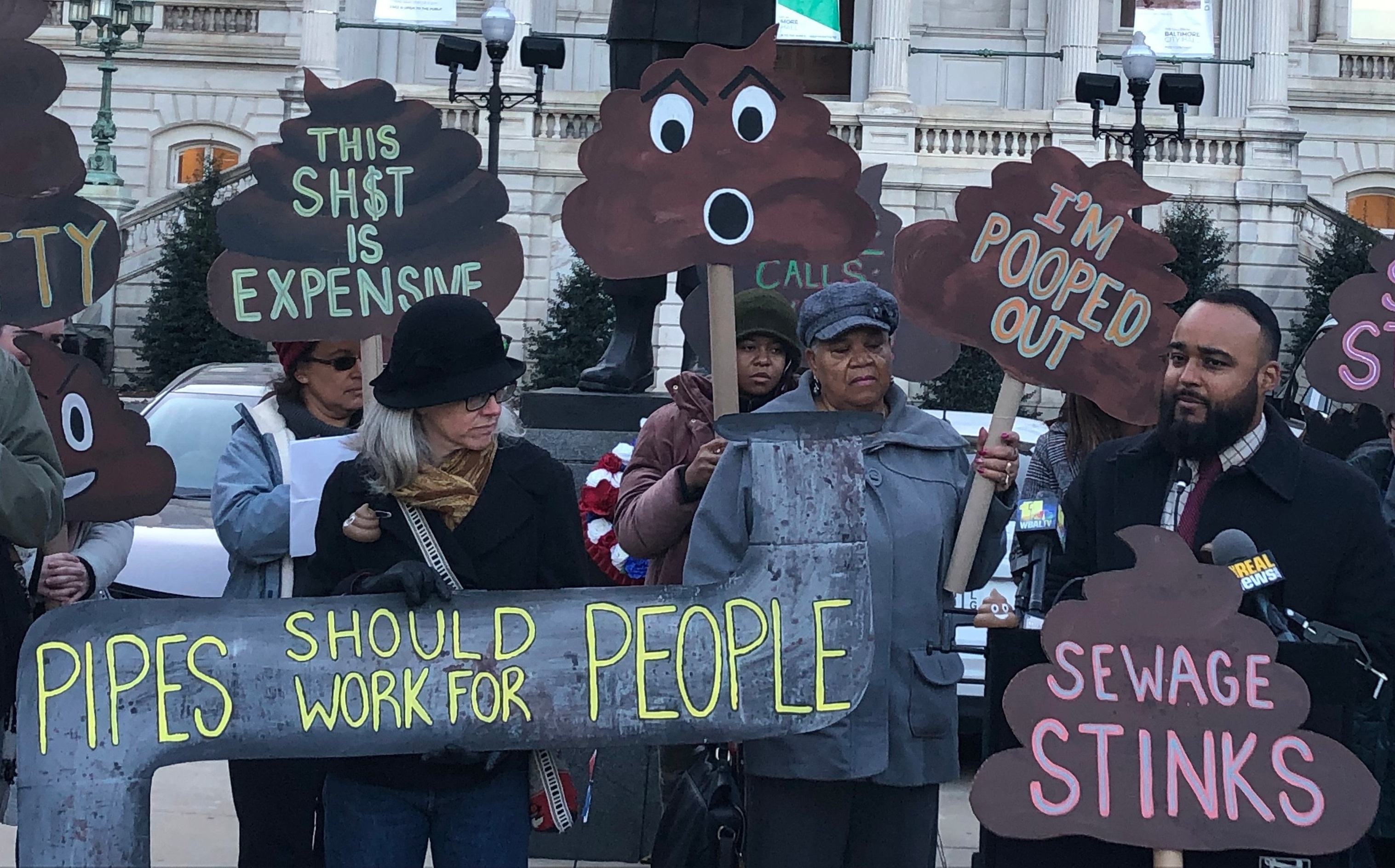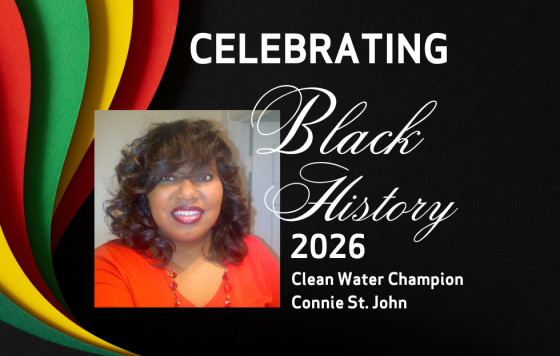
Great news! When we rallied at City Hall last November and joined the City Council at a hearing to investigate DPW's policies around sewage backups, everyone heard loud and clear that DPW's policies around sewer backups and its Expedited Reimbursement program weren't working. At the follow-up hearing this Tuesday, DPW acknowledged that they heard that too - and announced a number of changes that, once implemented, will make a big difference for people faced with sewage backing up into their home.
They said they have already made these changes:
- raising the maximum reimbursement through the Expedited Reimbursement Program from $2,500 to $5,000 (properly disinfecting after a sewage backup costs thousands of dollars at minimum)
- removing the requirement that someone reported their backup to 311 within 24 hours to get reimbursed (this was the reason given why DPW denied 34% of year 1 applicants)
and they said these changes are on the way:
- providing certified crews to immediately come and clean when someone reports a (for now) wet-weather sewer backup to 311
- expanding these programs to cover backups that occur in any weather, not only those caused by rain as currently required (alleging that a sewer backup was not caused by rain was why DPW denied 43% of year 1 applicants)
This is huge. The city not directly helping with cleaning up sewer backups has been one of the most inequitable aspects of sewer backups until now: when faced with the choice between putting up thousands of dollars for professional disinfection or wading in to clean up themselves, many people have to choose the latter, exposing themselves to dangerous bacteria and pathogens. This is all the more dangerous during the pandemic, when the same protective equipment needed to clean up sewage is needed to protect against coronavirus and some research suggests coronavirus could be present in sewage. This was a service the city provided decades ago, but concerns around taking on liability led DPW to stop. But as Acting DPW Director Matthew Garbark said at the hearing, "there are other services that the health department and other departments provide that don't admit some level of liability to a problem, that they're providing as a public service... this is a public health issue that we have an imperative to act on."
Don't get me wrong - this issue isn't resolved. We still have a lot of questions about the details of these new policies, how they will be administered, and on what timeline we'll see these changes. Without careful consideration of the overlapping and sometimes confusing programs that DPW and the Law Department has, figuring out one's options could still be a discouraging headache. If people still face barriers to getting help with property damages in addition to clean-up costs, people who have multiple sewer backups over years and could get kicked off their insurance for reporting another loss will still be in an impossible situation. And in a few weeks, DPW's next report will let us analyze how the Expedited Reimbursement Program performed in year 2.
There's a lot of work left to do. But this is enormous progress. Thank you to everyone who raised your voice and told your story, whether in the last year or for the last 10. And stay tuned for more news in the weeks ahead.
Want to check it out for yourself? You can watch the whole virtual hearing on CharmTV here.


